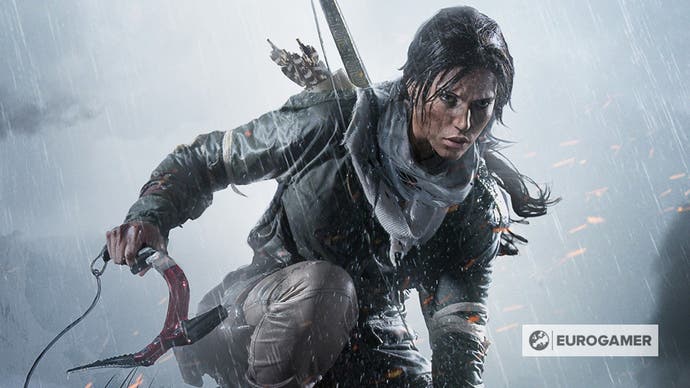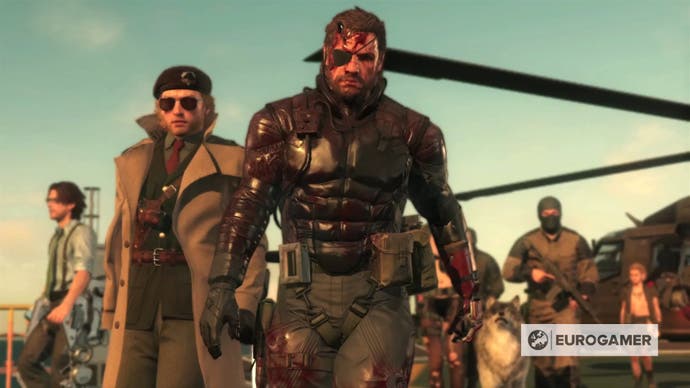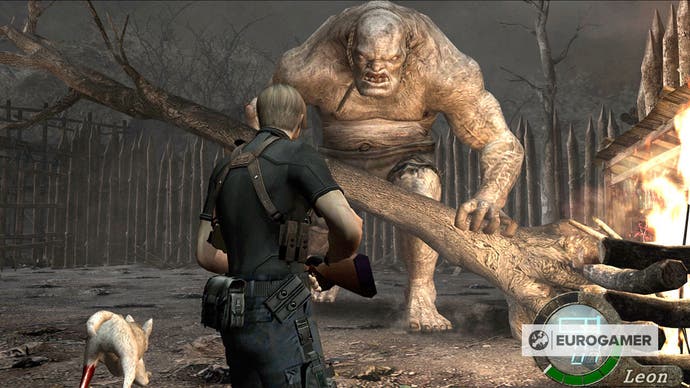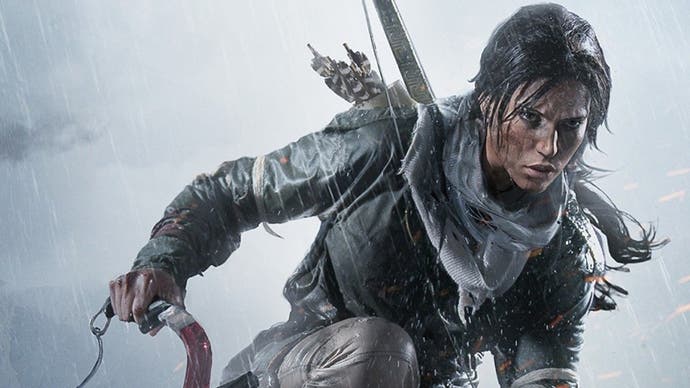Eurogamer Q&A: Which games should be un-rebooted?
Deboot Camp.
We recently spoke about reboots, and how it's a good opportunity for publishers to pump up the tires of an ailing game franchise.
Sometimes, though, reboots don't go to plan. Sometimes, they miss that core spark that made the original series interesting, and are ulimately lesser games as a result.
Today, we're going to talk about some of the reboots that didn't connect with us, one way or the other.
Christian Donlan, Features Editor

Tomb Raider
I don't actually mind the new Tomb Raiders that much. In fact, at times I really like them. But my sense while playing them is that, while they are decent big-budget action games, they aren't really Tomb Raider.
What I am looking for in a Tomb Raider game, I think, isn't necessarily spectacle or gymnastic flair or even Keeley Hawes' way of speaking terrible dialogue with a smile in the voice. It's loneliness. I want to be left to explore a huge, complex, cramped, confusing, silent space for ages and ages. I want to get lost, I want to get stuck, and I want to suspect that the whole thing is broken until suddenly I spy the one thing I need or the one thing I have missed or the one thing I could try in order to proceed.
Modern big budget games can do all sorts of things. They can allow you to crawl up the back of a giant monster even as you hack away at its health bar. They can allow you to zap between time zones as you speedrun a level. They can even tear down a building around you while you're inside and trying to escape. But it sometimes feels that it is a risk too far to leave you alone for a long stretch of time, without a cut-scene to tell you you're being looked after, without a combat sequence to keep you busy, without a waypoint marker to lead you to the next bit of content. All this will end, I am sure. You could probably argue that we got Dark Souls because we first had Fable - people were ready for a game that didn't give you a breadcrumb trail and didn't stop you from dying in battle. I think it would be wonderful if the next Tomb Raider reboot changed its pace and its voice - long periods of silence, long periods of trying to work things out, and long periods of gloriously energising frustration, just you and the ancient, dormant world around you.
Paul Watson, Social Media Manager

Metal Gear Solid 5
This is sure to be a controversial pick, because in the strictest terms, Metal Gear Solid 5 is not a reboot. But in a lot of ways, it kind of is?
If you're anything like me - a bold assumption, I know - the Metal Gear Solid games hold a special place in your heart for a multitude of reasons. It's the long, elaborate CODEC conversations, or the bizarre cast of antagonists - such as a guy who fires bees at you. Or maybe it's the paper-thin conspiracy theorists' dream of a narrative, involving the government, human cloning and something called the La-Li-Lu-Le-Lo?
All of these things were either disappeared from or shifted into the background of Metal Gear Solid 5, the final (hopefully) and most ambitious entry in the series. MGS 5 instead focused on providing an immense open-world stealth experience with just a small sprinkling of batshit Kojima magic. And what an experience it was - the tension of breaking into an enemy encampment in the dead of night was incredible.
But as a result, I always felt that the game was a little bit hollow without those elements which gave Metal Gear Solid its Marmite quality. It an attempt to make the game more appealing to a broader audience, Metal Gear Solid fans were slightly sidelined.
Of course, Metal Gear Solid 4 went in completely the opposite direction, and that was definitively the worst game in the series - so maybe you just can't please MGS fans.
Matt Reynolds, Guides Editor

Resident Evil 4
Think we can all agree Resident Evil was at its best before changing camera angles, right? No, I'm not talking about the (excellent) first-person Resident Evil 7, but Resident Evil 4. Yes, Resident Evil 4 is an incredible game, with its shift to an over-the-shoulder perspective becoming the franchise's most seminal moment - inspiring countless other developers to adopt the same approach - but it also spawned the great-but-not-outstanding Resident Evil 5 and the less-we-talk-about-it-the-better Resident Evil 6.
Up until Resident Evil 4, the series wasn't yet consumed by slick set-pieces. 'Tank' controls and fixed camera angles - restricting player moment and sightlines for the perfect enemy ambush - established a pace and tone the series couldn't quite recapture again until the seventh installment. Go back and play the 2002 GameCube remake - which for my money, is where Resident Evil has yet to be bettered - to see what I mean.

